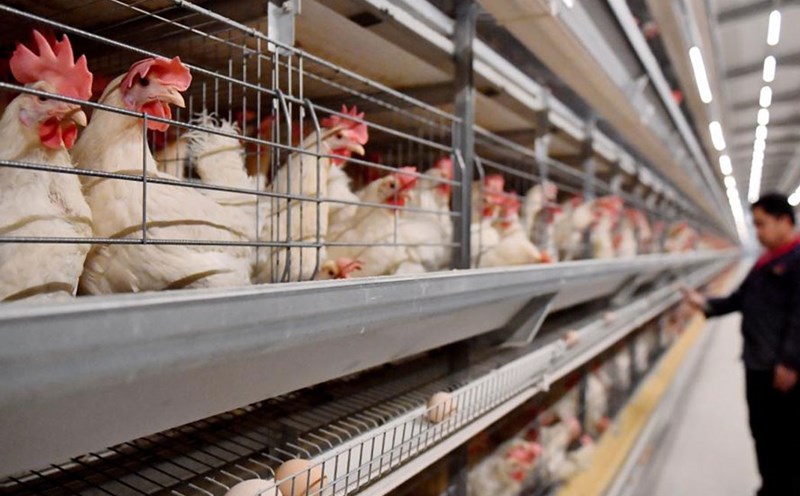According to the Taiwan Centers for Disease Control (CDC), from January 19 to 25, the number of people seeking medical care for flu-like symptoms reached a 10-year high of more than 162,000 cases. In the following week, 91,000 new cases were recorded.
From January 21 to February 3, Taiwan (China) reported 142 severe flu cases and 25 deaths. Since October 2024, the total number of severe flu cases has reached 667 cases, of which 132 people have died.
Notably, more than 57% of severe cases were in people over 65, the group most at risk as their immune systems decline with age. The majority of cases tested positive for the H1N1 variant, which matches the virus strain in government-sponsored flu vaccines.
A recent shocking event was the death of famous Taiwanese (Chinese) actress Barbie Hsu at the age of 48 due to complications from pneumonia from the flu while on vacation with her family in Japan.
Previously, Barbie Hsu showed symptoms of prolonged cough and fatigue after attending the event. Although an ambulance was called twice, the actress still did not survive due to missing the "golden time" for treatment.
Barbie Hsu's passing has sparked discussions about the severity of the flu epidemic, not only in Taiwan (China) but also in Japan and other countries and territories in Asia.
Statistics from Japan show that the number of flu cases in the last week of December reached a record high with an average of 64.39 cases per clinic, the highest since 1999. Many medical facilities here also faced a shortage of treatment drugs due to the sudden increase in demand.
The Taiwan CDC (China) said that the flu epidemic has now entered the outbreak stage and is expected to continue to increase in the next 1-2 weeks before gradually decreasing. The vaccination rate for this season is 97.5% with more than 6.4 million doses administered, but there are still about 162,000 doses not yet administered. Worryingly, more than 90% of severe or fatal flu cases have not been vaccinated.
Taiwan's health minister Chiu Tai-yuan called on high-risk groups such as the elderly and people with chronic diseases to get vaccinated quickly to protect their health.
Taiwanese officials have stressed the importance of taking proactive measures to prevent the spread of the disease rather than waiting for it to spread before responding. Taiwan has secured enough antiviral drugs for more than 2 million people, helping to ease the pressure on the healthcare system amid the complicated developments of the epidemic.











